Henry Dunbar
Book Excerpt
"But to return to the story of the forged bills," said Mr. Austin, the cashier, looking at his watch as he spoke.
He was evidently growing rather impatient of the old clerk's rambling talk.
"To be sure, sir, to be sure," answered Sampson Wilmot. "Well, you see, sir, one of the bills was brought to our counter, and the cashier didn't much like the look of my lord's signature, and he took the bill to the inspector, and the inspector said,' Pay the money, but don't debit it against his lordship.' About an hour afterwards the inspector carried the bill to Mr. Percival Dunbar, and directly he set eyes upon it, he knew that Lord Vanlorme's acceptance was a forgery. He sent for me to his room; and when I went in, he was as white as a sheet, poor gentleman. He handed me the bill without speaking, and when I had looked at it, he
Editor's choice
(view all)Popular books in Fiction and Literature
Readers reviews
As with Lady Audley's Secret, the "secret" isn't one to the reader and the joy of the story is to watch the other characters figure it out and bring the miscreant to justice. Henry Dunbar is a bit more satisfying in the sense that the villain is more villainous than Lady Audley was. As a modern reader though, I wish he had more direct "screen time". That is that I wish I had more of his internal thoughts and motivations directly from him. As it is, the writer shields his crime continuously throughout the book; hoping, I guess, that the reader didn't figure out the twist. It's pretty obvious though and so not acknowledging that she might have smart readers is a bit annoying and I think including more of Henry's internal struggles would have added a new dimension to the tale.
For the most part, Braddon does a great job inserting little hooks and predictors into the story to compel you to keep reading. Things people do, say and remarks the storyteller makes directly are all part of how she keeps the plot on the boil.
- Upvote (0)
- Downvote (0)
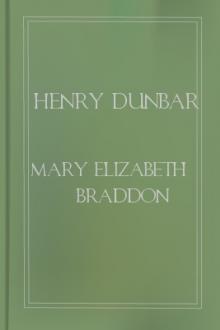
 Free Download
Free Download






















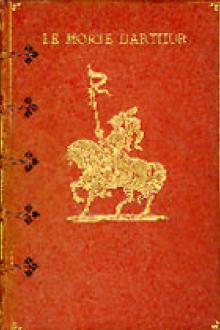
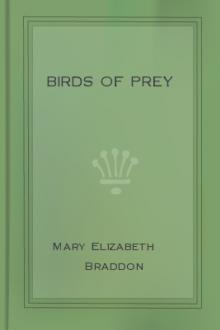
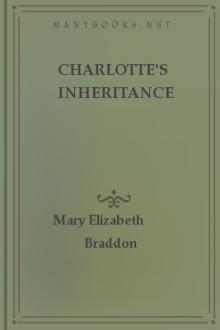
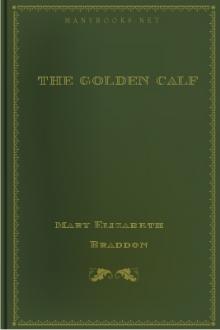
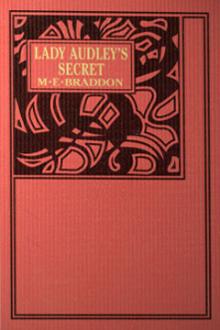
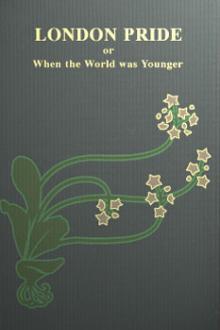
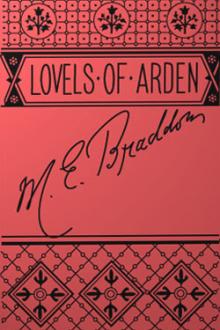
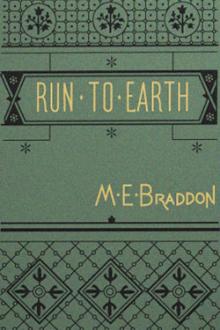
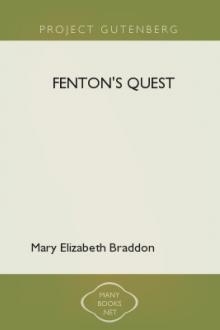
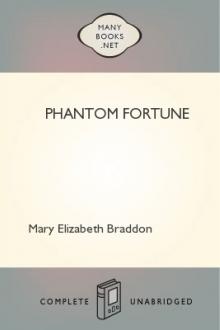
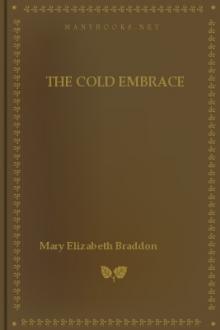
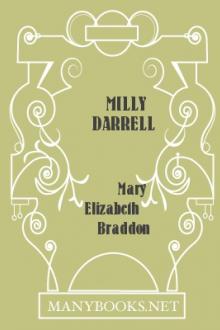
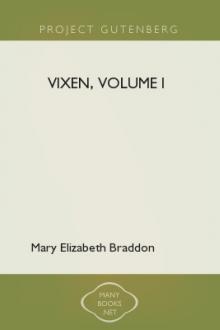
-itok=vcKIB5v1.jpg)